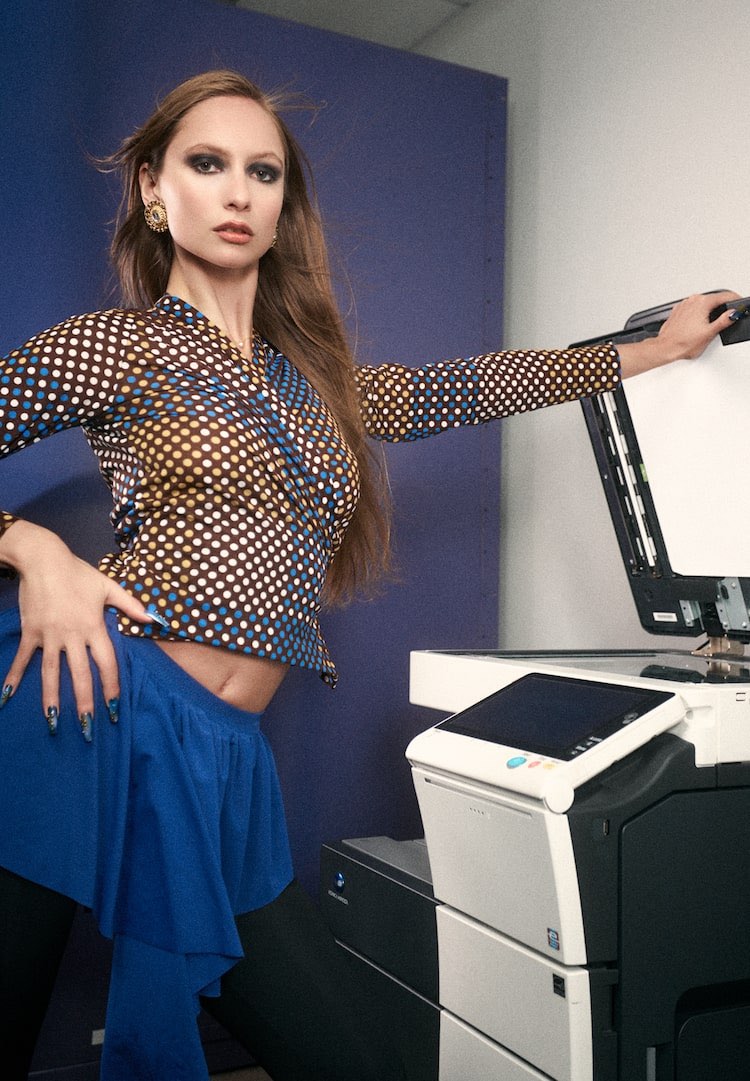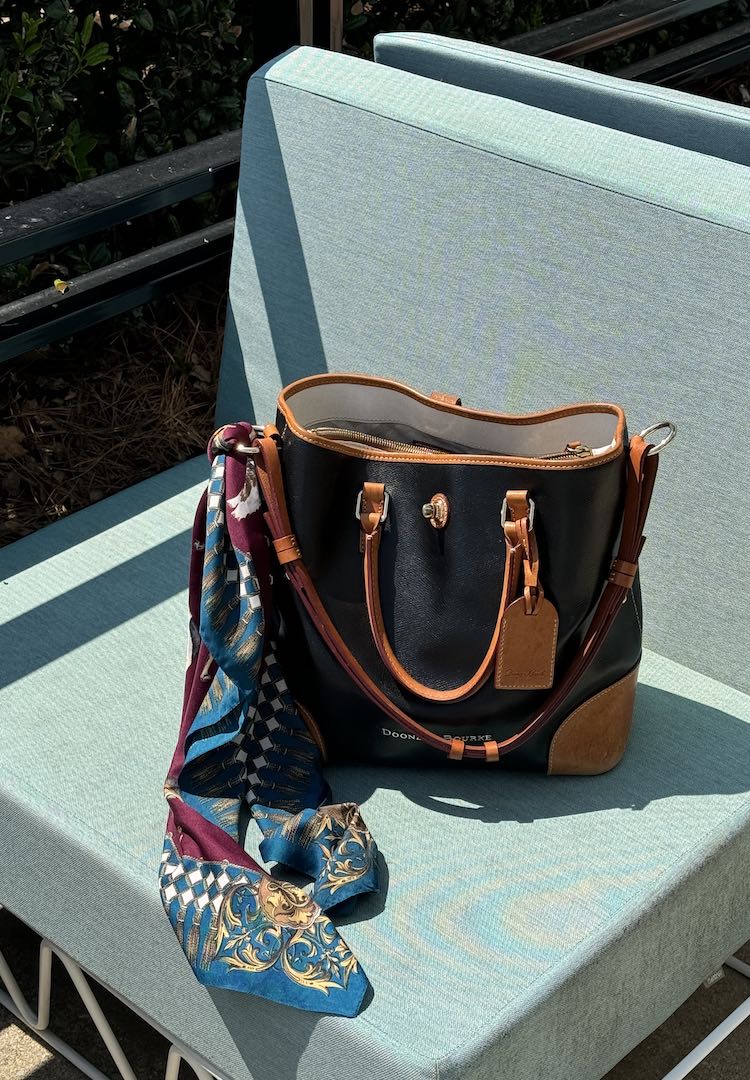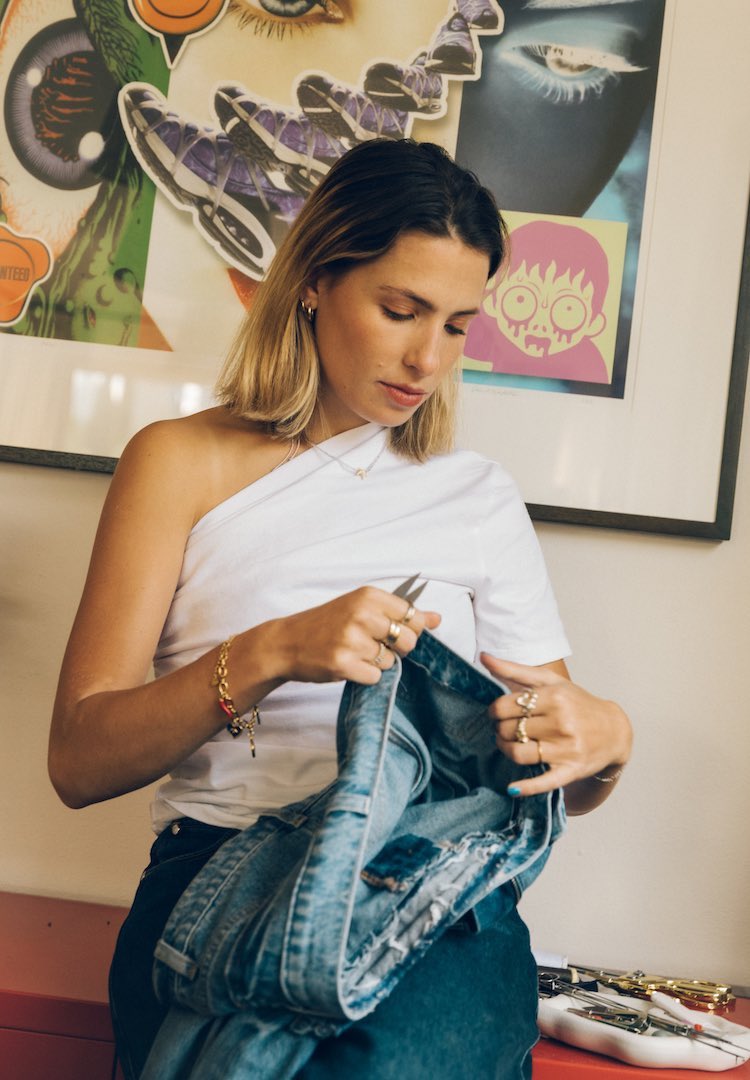Practical strategies to help you be happier with the body you’ve got
WORDS BY ANGIE KHOUDAIR
“When we say a new positive thought, we create a new neurological pathway. When we repeat that same thought over and over again it… starts to become your regular dialogue.”
I used to have a really healthy body image. I valued myself for who I was and not for what I looked like. It lasted a beautiful 18 years until I started getting old enough to buy magazines and look for ways to iron my curly hair straight. From this point on (without realising it), my belief systems started to change.
Growing up, I never really thought about my body, let alone in a negative way. I was frequently enjoying guilt-free Caramello Koalas, and I was far too busy to obsess about looking in the mirror because I was preoccupied with choreographing Spice Girls routines with my gal pals in the playground.
For more content like this, tap through to our Life section.
As I inched away from the pre-teen years and began relishing the freedom of teenage life, I started going to parties but the only thing on my mind was having fun. I was conscious of how I looked but I never wanted to change anything.
I can’t quite pinpoint when things changed, but there came a time when my desire to feel good for my own self instead became an obsession with meeting the expectations of the world around me.
Body image isn’t reality-based. It’s defined as a person’s thoughts, feelings and perception of their body and overall appearance. Of course, it’s impacted by the outside world, social media, and so on. From a young age, we start to believe what we are told and what we are exposed to. These beliefs form neural pathways within our brain and become entrenched.
For example, if from a young age you’re taught to believe that being skinny means having a perfect body, your brain will actually believe that and look for evidence to support the theory. This is how marketing works. Marketers have the power to tell us that something could or will make us better if we ‘have it’ or ‘do it’. This repetition sucks us (and our brains) in.
Similarly, what we tell ourselves regularly can also become our reality. But as I recently learned in therapy, we have the power to change any subjective opinions we have of ourselves. But how? As I sit here today observing our environment and my own behaviour within it, I can see the negative belief systems I have grown accustomed to playing on loop inside my brain.
Eager for some practical strategies on how to challenge these beliefs, I reached out to Melanie Lillis. Melanie is a mind-body health coach who decided to embark on a health journey after years of struggling with body image issues. At the age of 18, Melanie was training as an elite athlete and found herself dieting to maintain a certain weight for competitions.
“You and your body are not two separate things. You are one. Learn how to love yourself, learn what it means to respect yourself, experience what it feels like to work with yourself rather than against yourself. Being happy with the bodies we have means that we respect ourselves as we are right now,” Melanie tells me.
But this is a really hard thing to do. I used to have a love-hate relationship with the gym thinking that I had to be there in order to create the physique I wanted, but even when I was thin, I still didn’t accept myself. Melanie explains that this is because it’s about challenging the ingrained beliefs we have about our bodies, rather than changing anything external.
“Accepting yourself and having respect for your body is something that not many people give themselves the pleasure of experiencing. We give ourselves these crazy weight loss or physique goals and are miserable in our bodies and tell ourselves that we will never be happy until we have reached that goal, and that’s a really sad reality and one that is not necessary.
“You cannot reach body goals unless you work in partnership with your body in a loving and respectful way because even if you achieve the goal you set out to achieve eg a certain body weight, you still won’t be happy. And that’s because your mind has not changed.
“When we say a new positive thought, we create a new neurological pathway. When we repeat that same thought over and over again, it becomes more prominent and starts to become your regular dialogue. So if you are constantly saying negative thoughts to yourself, these thoughts become habitual and very real. So catching those negative thoughts and rephrasing them will allow your brain to start shifting to new thought patterns and narratives.”
All of us have parts of our bodies we sometimes want to change, but it’s about noticing the intention behind this desire to change. Initially, it takes some work, but it’s worth it. Read on for Melanie’s practical tips.
Some helpful tips
As we’ve touched on, to feel happier in your body, you need to change your internal dialogue. When you say something negative to yourself you are creating a physiological chemical reaction within the body (the stress response). As cliche as it sounds, starting your day with some positive affirmations about your body really helps to rewire old belief systems. Incorporate these affirmations into your day. This is really key.
“As soon as a negative thought comes into your mind, stop whatever you are doing, and try to change to a more neutral thought eg [if] my thought is ‘I hate my legs’, [my] new thought is ‘I appreciate my legs for carrying me around every day’.
Last year I was dating a guy I really liked. He never knew it, but I began feeling a lack of self-confidence in the bedroom and was afraid of what he might think of my body after I put on a few kilos. I was telling myself I didn’t like what I saw in the mirror and assumed that he thought the same thing.
When I shared this with him he was blown away, reassuring me that he thought the opposite. Days later, I came to the realisation that I needed to validate myself. After all, doesn’t intimacy start with the self and the relationship we have with our own bodies? With this in mind, could learning how to have an intimate relationship with ourselves help us feel more secure about our body image?
To unpack this further, I reached out to Gigi Engle, the sex expert at Feeld and author of All The F*cking Mistakes: A Guide to Sex, Love, and Life. Gigi speaks to many people who struggle with intimacy as a result of being ashamed of their bodies. I spoke to her about some ways to overcome this, for the benefit of ourselves and our partners.
“There is certainly a direct correlation with our self-image and our ability to enjoy pleasure fully. Pleasure and orgasms are a mind-body experience. When we’re feeling badly about how we look, are anxious, or distracted, it takes us out of a headspace [that allows us] to be fully present for ourselves and our partners,” she tells me.
In her sex therapy sessions, Gigi starts with the basic technique of reframing, mixed with psychosexual education. “We need to remove stigma and fear around our bodies to begin to love them,” she explains. To help her female clients do this, she uses a strategy called vulva mapping, a practical and simple task that can be done in the comfort of your own home.
“The first thing you need to do is look at your vulva. Yes, I’m talking about sitting in front of a mirror (the bigger the better, but a hand mirror is fine, too) and look[ing] at yourself. With so much sexual shame around the vulva, this can be surprisingly difficult for some women to do. Sit in front of the mirror.
“Have your phone or laptop open to a diagram of the vulva. Then, look at yourself and name your parts. The clitoris, your inner and outer labia, your urethral opening, your vaginal opening etc,” she says.
It’s incredible to think that the more understanding we have of our bodies, the more appreciation we can have for them. This can help us shift any negative, shameful belief patterns. I have had an unhealthy relationship with my body for years and I acknowledge that realising I am exactly as I need to be in this moment is very challenging, and, quite frankly, sometimes seems like a completely ridiculous concept.
I’m not always going to love my body and there will be days where my thoughts turn on me, but recognising that I need to do the work is actually the first step in changing my narrative. When I first started listening to Melanie’s podcast, things really started to shift for me.
It’s when I started realising that depriving myself of good thoughts would ultimately lead me to a dead-end. For me, doing things like nourishing my body, practising yoga, and wearing what feels good really help.
Day by day, remembering these strategies and working to notice your thoughts when they lead you down a path of shame and self-hatred really pays off. All the other things are just temporary.
This article was originally published on Dec 7, 2021.
If you’re struggling with body image issues or eating disorders, you can call the Butterfly National Helpline at 1800 33 4673 for free and confidential support, or email or chat to them online here.













